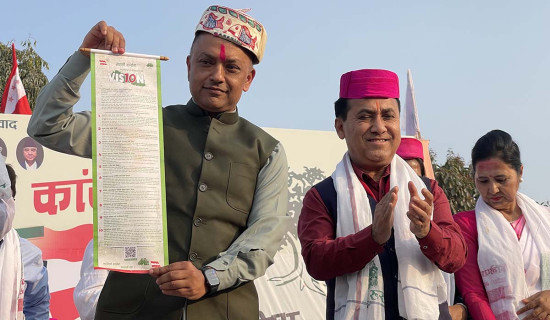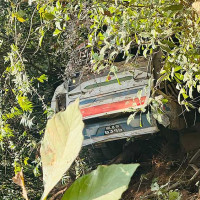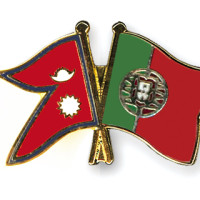- Thursday, 19 February 2026
Pashupati Darshan campaign launched in India
By Ashok Adhikari,Kathmandu, Jan. 24:The Pashupati Area Development Trust has initiated a religious campaign to strengthen the age-old social, cultural and economic ties between Nepal and India. This campaign aims to boost economic development through religious tourism.
Promoting tourism at the grassroots level has become a key focus, as Nepal is working for economic development and to make Nepal a prosperous nation after a long transition period.
According to Dr. Milan Kumar Thapa, Member Secretary of the Pashupati Area Development Trust, the campaign targets Indian pilgrims by building direct connections in India.
He said, “The tourism sector has not yet recovered from the COVID-19 pandemic. We are working to revitalise tourism as it is a significant aspect of economic development.”
As part of this effort, a major religious event called the "Dash Mahavidya Vishnu Sahastra Koti Hawan Mahayagya" is being organised in Mumbai. The event, which began on January 15 and will end on January 24, has seen significant participation from religious leaders, political figures and the general public. India's Minister for Ports, Shipping and Waterways, Sarbananda Sonowal, also attended the event.
Minister Sonowal emphasised the need to advance the longstanding Nepal-India relationship in line with modern times. He said, “The bond between our two countries is not just political but deeply rooted in the people. We should enhance this connection to benefit both nations.”
During the event, Dr. Thapa and religious leader Guru Baba Kalidas Swami Krishnananda Paramhans invited Minister Sonowal to visit the Pashupatinath Temple. The minister expressed his desire to visit soon and assured support for religious tourism.
He remarked, “Pashupatinath is a centre of faith for Hindus worldwide and has immense potential to boost Nepal’s economic development. India will provide maximum support.”
Religious leader Kalibaba suggested promoting both the Pashupatinath Temple and Lumbini, the birthplace of Lord Buddha, to Hindu and Buddhist followers in India. He added, “Nepal, with its numerous temples and deities, can attract three times more pilgrims from India than it does now, significantly benefiting its economy.”
Dr. Thapa shared plans to increase the number of Indian pilgrims visiting the Pashupatinath Temple.
Currently, about 200,000 Indian pilgrims visit the temple annually. The goal is to increase this number to 5 million within two years by improving facilities and planning effectively.
Ashok Singh Nepali, a leader of Shiv Sena Nepal and chairman of Nepal Civil Society in India, also highlighted the importance of grassroots-level efforts to promote religious tourism. He said, “With the political transformation in Nepal, the focus should now be on social, cultural and economic development. Promoting religious tourism can draw support from Indian citizens.”

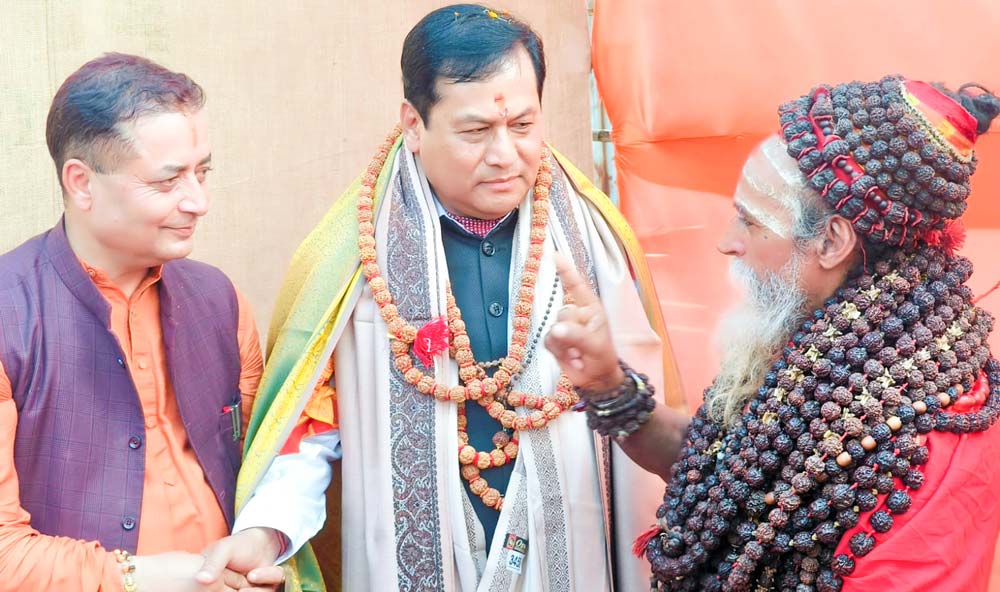

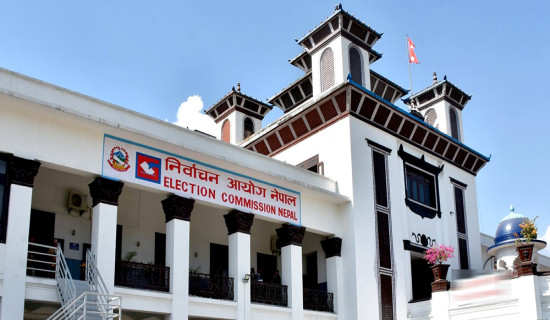
-square-thumb.jpg)

